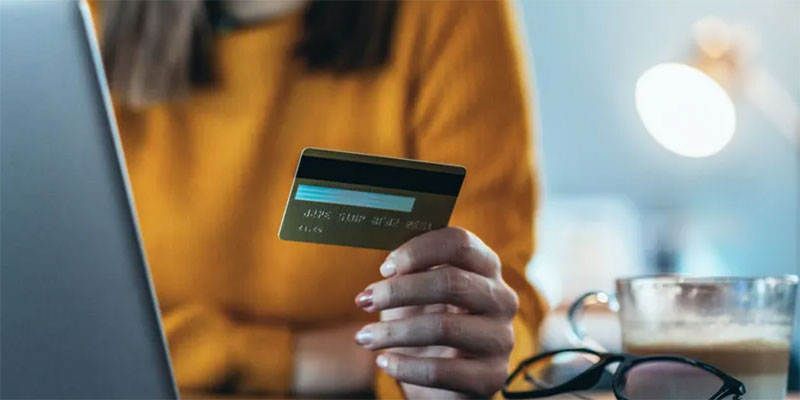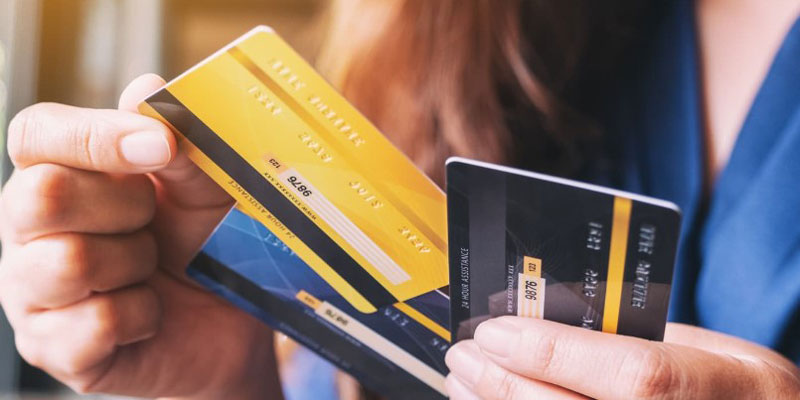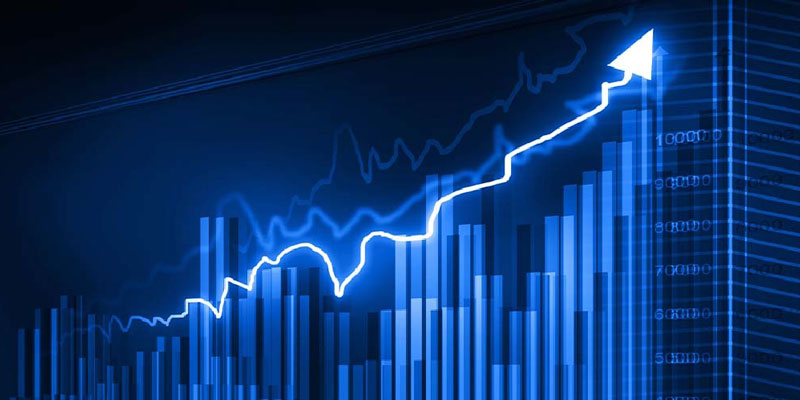Using a pay-down method can help you reduce your overall debt quicker while saving you money on interest and fees. Keep track of the total amount you owe and the interest rate for each debt. Paying off debts with the highest interest debt first, such as credit cards, will net you the most significant financial benefit. That's because the cost of borrowing money increases in direct proportion to the interest rate.
Conquering debt doesn't have to be complicated. 
It's essential to plan how you'll handle your debt payments and balances, even though doing so may seem daunting. The following are three simple actions you can do today to make it easier to deal with your debt.
Make a larger payment than required.
If you pay more than the minimum on your debt each month, you'll eliminate it faster and spend far less on interest over the long run. If you borrowed $10,000 at 7% APR and made payments of $198 a month, you would have paid off your debt in 5 years. You could eliminate your high-interest debt in 4 years instead of 5, save $376 in interest, and be debt-free a year earlier if you increased your payment by just $40 each month.
Put money aside to cover your credit card obligations.
Make more than the minimum monthly payment on your credit card bills. It might help you keep track of your debts in this way. Paying your credit card account on time every month can help improve your credit score by lowering your utilization rate.
Payment Schedules And Automatic Withdrawals
Establish a system of automatic payments and reminders. Managing your debt is simple using Bill Pay's automated payment features, which can help you pay off your high-interest debt faster. Ensure you don't miss any payment deadlines by setting up alerts1 to be notified of them.
Why Does it Take So Long to Repay High-Interest Debt?
Paying a large amount of interest each month makes it more difficult to eliminate debt when interest rates are high. This implies that even if you can only afford to make the bare minimum payment, most of your money will go toward paying down the interest.
In reality, just a fraction will be applied to paying your debt. The amount you owe and the time it will take to pay it off will increase as interest is added the following month.
Negotiate a Lower Interest Rate
Creditors may be inclined to reduce interest rates for customers who have a history of making all payments on time or have missed only a couple of instalments. If you have a track record of prompt payment, you could contact your credit card issuer to see whether you qualify for a higher interest rate.
Put the Debt on a Credit Card with a Low-Interest Rate
It's possible that you only need a few months of interest-free repayment to get your debt under control. It's possible to get a low-interest rate when you transfer a balance if you have good credit.
As a result, you can move your outstanding balance from your old card to a new one with a more favourable interest rate or possibly none for a promotional period.
Offer Your Best Price
Most of your monthly payment will go toward the interest on a high-interest loan. There must be an increase in payments if the principal is to be reduced.
Pay Off the Smaller Debts First
It's possible that paying off your debts with the highest interest rates is not the wisest course of action. Smaller debts can be paid off to free up funds for application toward the more prominent, higher-interest bills. Determining which bills are urgent and can wait helps to write down all of your debts. If you're paying off a small monthly credit card balance, consider applying that payment to a larger credit card balance instead. The term "debt snowball" describes this progression of paying off debt.
Go to a Credit Counseling Service
A credit counsellor can help determine if a debt management plan is feasible by looking at your debt, income, and expenses (DMP). Debt management plans (DMPs) allow debtors to negotiate reduced interest rates and monthly payments with their creditors. If you ask your credit counsellor to put your highest interest rate payment toward the top of your payment schedule, you can take advantage of the reduced interest rates while still paying down your debt.
The catch is that while you're on the DMP, you can't use your credit cards, and a notation will appear on your credit record indicating that you worked with a credit counsellor. The hit to your credit score will be substantial, but it may be worth it if it means you can get out from under your debt.





